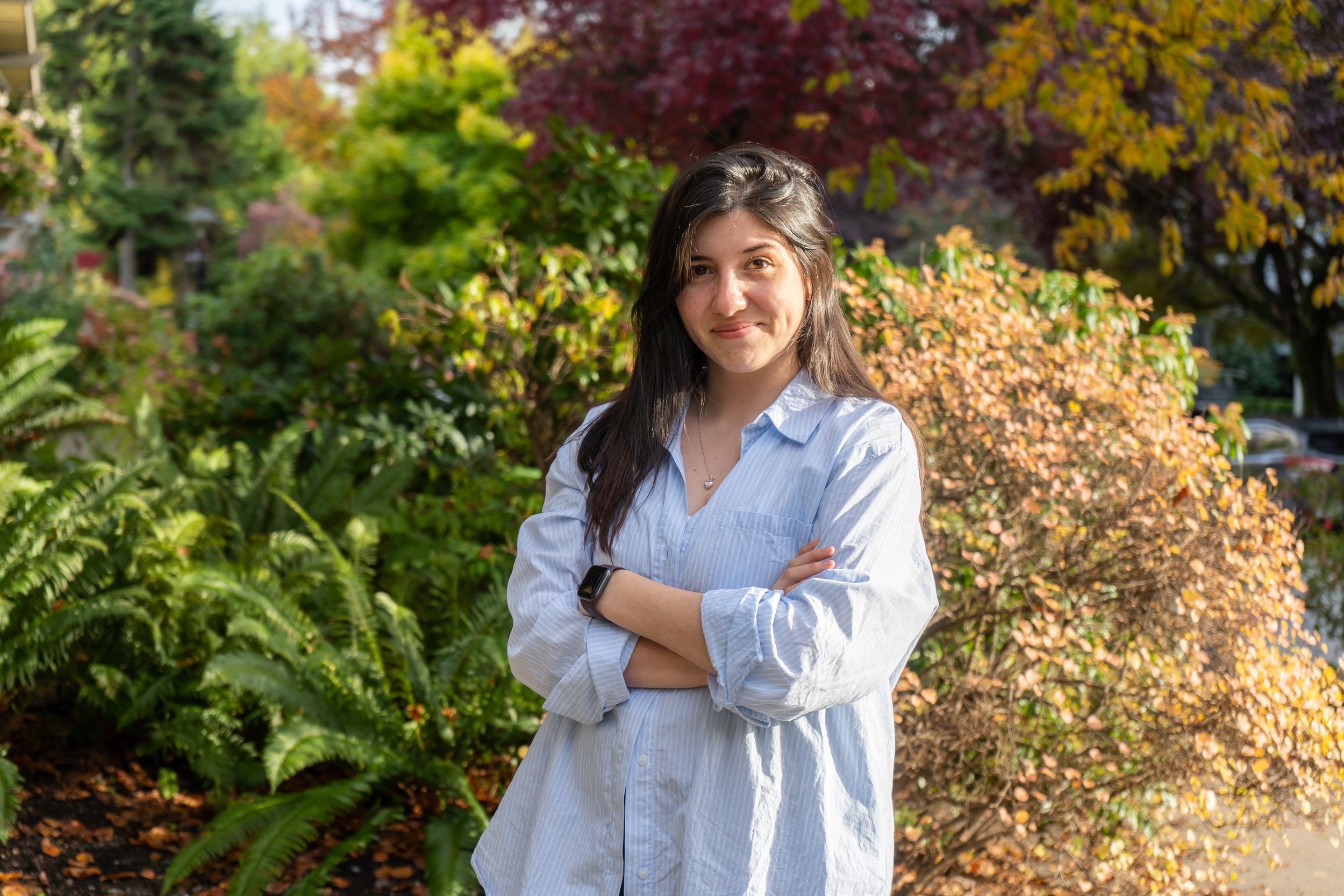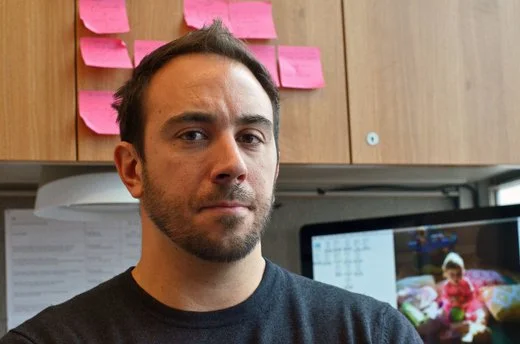This event has passed.
Art by Aleemah Thompson, WW 2022 Junior Artist in Residence
Wellness Within 2022 Annual Conference
Pathways to community care and collective liberation
Wednesday, 9 November 2022
9 am - 8:30 pm AT
Morning: Online-Only
Afternoon: Online & In-Person at The Bus Stop Theatre
2203 Gottingen St, Halifax, NS
Fees vary for members/non-members:
$50 - Wellness Within members
$70 - Non-members (Become a member!)
$25 - Students
$0 - Folks with lived experience of criminalization may register free of charge.
*Please note that your space will not be confirmed until your registration fee is received. Send to: womenswellnesswithinns@gmail.com. Please use the password “conference”.
Schedule
Morning sessions will be available only by ZOOM
9:00 - Welcome, Land Acknowledgement, introduce Artist in residence - Aleemah Thompson (Claire Rillie)
9:15-10:45 - Session 1: Health in and out of Prisons Systems (Moderator: Clare Heggie)
Dr. Justin Piché, University of Ottawa - How and Why the Canadian Carceral State is Building Cages, Instead of Communities: A Case for Decarceral Futures
Dr. Lorie Goshin, Housing Works - Housing as an alternative to incarceration
Dr. Jen Peirce, Post-Doc, University of Toronto Centre for Criminology and Sociolegal Studies - Measuring prison conditions and perceptions of fairness through research
10:45-11:00 - Break
11:00-12:30 - Session 2: Gendered Understandings of Carcerality (Moderator: Grisha Cowal)
Emma Halpern, Elizabeth Fry Society of Mainland Nova Scotia - Banning drycelling
Emilie Coyle, Canadian Association of Elizabeth Fry Societies (CAEFS) - Banning drycelling
Emma Cameron, Centre for Sex and Gender Health Equity - Migrant justice as reproductive justice: Global structural violence and its impact on the sexual and reproductive health outcomes of refugee and asylum-seeking women
Dr. Alana Cattapan, University of Waterloo & Dr. Holly McKenzie, University of Saskatchewan - Child welfare, Carcerality, and Mobilizing Change in Saskatchewan
12:30-1:30 - Lunch break (make your way to Bus Stop for in-person sessions)
Afternoon is in person OR by zoom
1:30-2:00 - Welcome, Land Acknowledgement, Introductions among participants (Claire Rillie)
2:00-3:30 - Session 3: Local Leadership in Reproductive Justice and Abolition (Moderator: Martha Paynter)
Sara Tessier, Northpine Foundation/Coverdale - Advancing Coverdale through investment
Kristina Fifield, Avalon Sexual Assault Centre - Alternatives to police response to gender violence
Dr. Lianne Yoshida, NSWCC - Abortion Access in Nova Scotia: Serving the Underserved
3:30-3:45 - Break (Catered)
3:45-5:15 - Session 4: Health Research in Prisons (Moderator: Kiesha Goris)
Paula Pinzón Hernández, Contraception and Abortion Research Team, UBC - Abortion Access for Incarcerated People
Melissa McLetchie, York University - Fighting For Love: Prison Families, Resistance, and State Violence
Dr. Martha Paynter, UNB: The Contemporary Landscape for Abortion Access
5:15 - Close (Claire Rillie)
5:30-7:00 - Cocktail/Mocktail hour, heavy hors-d'oeuvres, book and art sales and signing, etc.
7:00-8:30 - Dr. El Jones Reading from Abolitionist Intimacies, with special guests including Fazeela Jiwa (MC/Moderator: Lynn Bessoudo)
To celebrate and engage with this important new work, we will be inviting conference speakers to select and read a passage from Abolitionist Intimacies, with commentary from Fernwood editor Fazeela Jiwa. Copies of the book will be available for purchase at the conference, as will other abolitionist titles from Fernwood.
In Abolitionist Intimacies, El Jones examines the movement to abolish prisons through the Black feminist principles of care and collectivity. Understanding the history of prisons in Canada in their relationship to settler colonialism and anti-Black racism, Jones observes how practices of intimacy become imbued with state violence at carceral sites including prisons, policing and borders, as well as through purported care institutions such as hospitals and social work. The state also polices intimacy through mechanisms such as prison visits, strip searches and managing community contact with incarcerated people. Despite this, Jones argues, intimacy is integral to the ongoing struggles of prisoners for justice and liberation through the care work of building relationships and organizing with the people inside.
Speakers
Paula Pinzón Hernández (she/her) holds a degree in Philosophy and a master's in Public Health. She has extensive experience working as a strategic communication and knowledge management advisor with government, international cooperation and NGOs in Latin America. Paula is currently a PhD student and Graduate Research Assistant in the Department of Obstetrics and Gynaecology at the University of British Columbia. Under the supervision of Dr. Wendy Norman and Dr. Sarah Munro, her research explores the knowledge gaps between people seeking abortion care, providers, and decision-makers in Latin America.
Holly McKenzie is a postdoctoral fellow with the College of Medicine at the University of Saskatchewan. A white-settler community-engaged researcher, Holly works with Indigenous and non-Indigenous communities to address how structural violence undermines reproductive justice and human-animal relations. Holly uses various strategies to share her research findings including blogs, fact sheets, videos, and community presentations. She lives with her partner and Opal, a Great Dane, and Kal, a Labrador Retriever. Together they enjoy dog sports and camping.
Emma Stirling-Cameron (she/they) is a graduate of the Master of Health Promotion program at Dalhousie University. She currently works as research staff with the Centre for Gender and Sexual Health Equity at UBC. Emma’s program of research centres on the sexual and reproductive healthcare needs of refugees, asylum-seekers, and other migrants and the ways in which socio-structural factors, such as border and immigration policy, impacts migrant women and their health. She is currently involved in research examining maternal and infant health at the US-Mexico border in partnership with the University of California San Diego. Emma is a part-time lecturer on migrant health at the Swiss School of Public Health and is part of the End Immigration Detention Network.
Kristina Fifield (she/her) MSW, RSW is the Provincial Community Coordinator and a Trauma Therapist for Avalon's Community Based Sexualized Violence Trauma Therapy Program. Kristina is a trained EMDR therapist and has been working in the field of gender-based violence for the past 13 years. She has recently led Avalon's participation in a coalition with LEAF and Wellness Within for the N.S. Public Inquiry of April 2020, mass casualty events. She has co-authored a report centered around work she completed with her colleagues and survivors to ensure the voices of marginalized survivors were not left out of the commission’s work. Fifield has also been working alongside other advocates in Nova Scotia and nationally to eliminate the misuse of NDAs (non-disclosure agreements) in sexual violence cases. She believes that we all must be informed advocates in our work, and she makes a commitment every day to address the systemic issues regarding oppression, abuse of power, and violence. Advocacy, social justice, and community work are where Kristina finds balance in continuing to work in the field of gender-based violence. Outside of work, she loves being in nature, SUP boarding on the ocean, and spending time with family and friends.
Alana Cattapan is the Canada Research Chair in the Politics of Reproduction, an Assistant Professor in the Department of Political Science at the University of Waterloo, and an Adjunct Professor at the Johnson Shoyama Graduate School of Public Policy at the University of Saskatchewan. She studies gendered inclusion in policy making, identifying links between the state, the commercialization of the body, and reproductive labour. She also directs the Politics of Reproduction Research Group at the University of Waterloo.
Dr. El Jones is a spoken word poet, an educator, journalist, and a community activist living in African Nova Scotia. She was the fifth Poet Laureate of Halifax. In 2016, El was a recipient of the Burnley “Rocky” Jones human rights award for her community work and work in prison justice. She is a co-founder of the Black Power Hour, a live radio show with people who have experienced incarceration on CKDU that creates space for people inside to share their creative work and discuss contemporary social and political issues, and along with this work, she supports women in Nova Institution in writing and sharing their voices. El was recently named the Nancy's Chair of Women's Studies at Mount Saint Vincent University for the 2017-2019 term. Her book of spoken word poetry, Live from the Afrikan Resistance! was published by Roseway Press in 2014. El would like to pay tribute to the many nameless and unrecognized women whose work makes it possible for her to be here today.
Melissa McLetchie is a Ph.D. Candidate in the Department of Sociology at York University in Toronto, Ontario, the mother of two strong and courageous girls, an advocate for prison abolition, and a scholar-activist with lived experience in imprisonment and its collateral consequences.
Jennifer Peirce is a researcher and policy consultant focusing on human rights, prison culture, and criminal justice reforms, mainly in Latin America and the Caribbean. She is currently a post-doctoral fellow at the University of Toronto's Centre for Criminology and Socio-legal Studies. Jennifer is also a senior research associate at the Vera Institute of Justice in New York City, leading research on county jails, pretrial detention, and prison conditions in the US. Jennifer completed her PhD in criminal justice at John Jay College and the CUNY Graduate Center (New York). Her doctoral research project was a mixed-methods study of incarcerated men’s perceptions and experiences of a human rights-oriented prison reform process in the Dominican Republic. Previously, she worked in the international development and foreign policy sector in Canada and in Central America. Jennifer also holds an MA in International Affairs from Carleton University and a BA in International Development Studies.
Emilie Coyle is the Executive Director of the Canadian Association of Elizabeth Fry Societies. She previously worked as Director of the Refugee Sponsorship Support Program at the University of Ottawa. Emilie has practiced family, criminal and immigration law. In addition to her professional accomplishments as a bilingual legal professional and not-for-profit advocate, Emilie was a co-founder of Parents 4 Diversity, a citizen’s group working with parents and teachers to address discrimination with the goal of making schools safer for all children and youth and a proud sponsor of LGBTQ+ refugees for many years. Her experience in civil society has taken her from Canada’s west, to the east, and she now makes her home in Ottawa with her two children – Maia and Niko – and her partner, Adam. Emilie is passionate about the power of community and actively pursues ways to animate community-building. This includes supporting the essential on-the-groundwork of the many Elizabeth Fry Societies across the country. She also loves a good book and welcomes suggestions for ones to add to her ever-growing collection.
Dr. Martha Paynter is the author of Abortion to Abolition: Reproductive Health and Justice in Canada. She is an Assistant Professor at the University of New Brunswick, where her research examines the intersection of reproductive health and the justice system. She is a faculty member of the Contraception and Abortion Research Team in the Faculty of Medicine at the University of British Columbia, and with the Health Law Institute at the Schulich School of Law at Dalhousie University. The founder of Wellness Within: An Organization for Health and Justice, Dr. Paynter received the Senate of Canada 150 Anniversary Medal for her volunteer service to the country. Her clinical practice focuses on abortion and reproductive care.
Justin Piché, PhD is an Associate Professor in the Department of Criminology and Director of the Carceral Studies Research Collective at the University of Ottawa. He is also Co-editor of the Journal of Prisoners on Prisons and a member of the Criminalization and Punishment Education Project, the Abolition Coalition, the Human Rights Research and Education Centre, and Prison Pandemic Partnership. Professor Piché’s research, teaching and community organizing is oriented towards de-centring imprisonment in favour of community-based responses to social conflicts and harms. In recognition of his scholarship, he was awarded the 2012 Aurora Prize from the Social Sciences and Humanities Research Council of Canada, as well as the 2016 Young Researcher Award and 2020 Award for Activities in the Media and Community by the Faculty of Social Sciences at the University of Ottawa.












